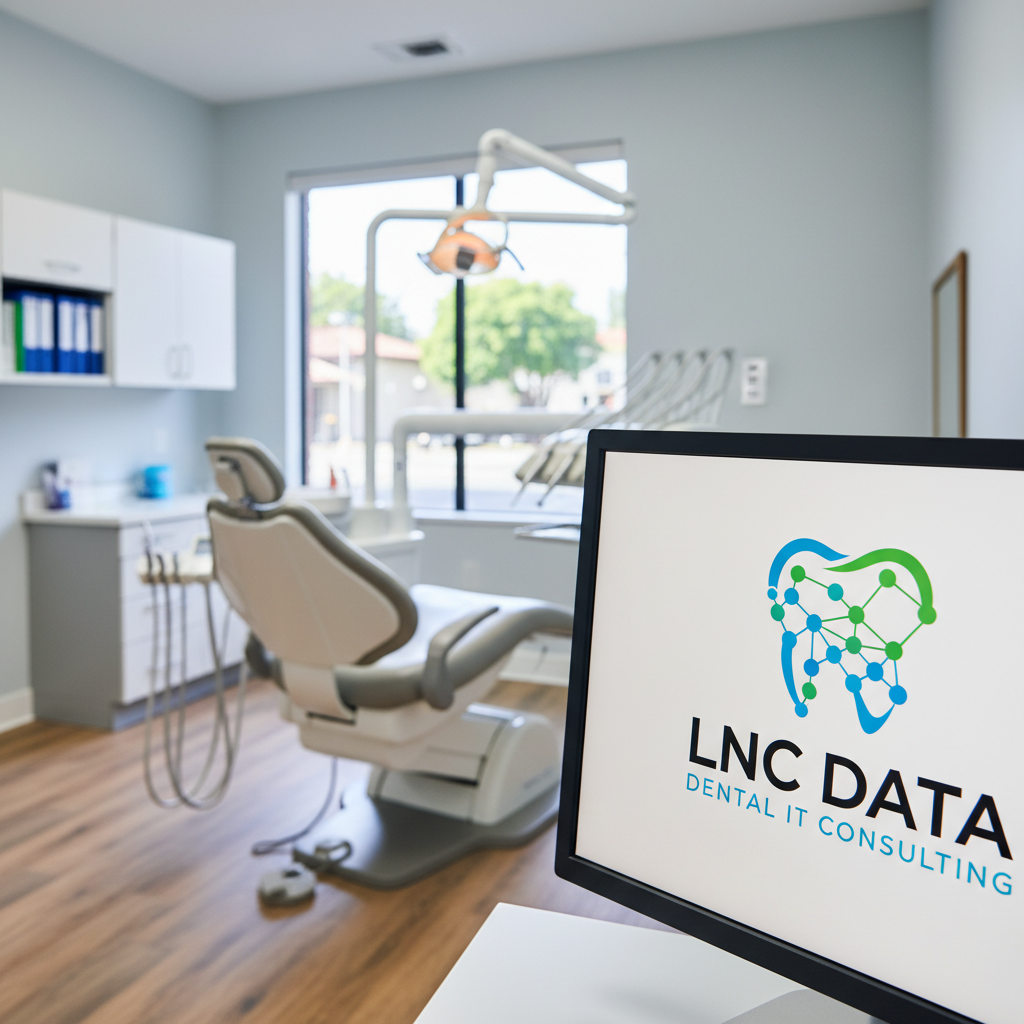
Navigating HIPAA Compliance Post-Windows 10 End-of-Life
Introduction
As technology evolves, so do regulatory requirements. With Microsoft announcing the end-of-life for Windows 10, dental professionals must consider how this impacts their practice’s adherence to HIPAA regulations. This article provides essential insights into maintaining compliance while addressing potential risks associated with using outdated systems.
Understanding HIPAA Compliance
The Health Insurance Portability and Accountability Act (HIPAA) sets national standards to protect sensitive patient health information from being disclosed without consent or knowledge. Dental practices are considered covered entities under HIPAA and must take necessary precautions when utilizing any software or operating system that handles protected health information (PHI).
Implications of Using Unsupported Systems
- Security Vulnerabilities: As Microsoft ceases updates and support for Windows 10, vulnerabilities will remain unaddressed, exposing your practice to cyber threats.
- Increased Risk of Data Breaches: Without regular security patches, your PHI is at higher risk of unauthorized access or breaches.
- Compliance Risks: The lack of up-to-date security measures can result in non-compliance with HIPAA regulations, leading to potential fines and penalties.
Quick Guide: What Should Dental Practices Do?
- Evaluate Your Current Systems: Assess all devices running on Windows 10 and identify which ones handle PHI.
- Upgrade Operating Systems: Transition to supported versions such as Windows 11 that receive regular updates and security patches.
- Implement Security Measures: Ensure robust cybersecurity protocols are in place including firewalls, antivirus software, and encryption tools specifically designed for dental practices.
- Conduct Regular Risk Assessments: Regularly evaluate your technology infrastructure to ensure ongoing compliance with HIPAA guidelines.
- Train Staff on Security Best Practices: Educate employees about data privacy policies and procedures related to handling PHI securely.
Conclusion
While it may be tempting to continue using older operating systems like Windows 10 due to familiarity or cost concerns, doing so poses significant risks not only to patient data but also to your practice’s reputation. By taking proactive steps towards upgrading systems and implementing rigorous security measures, you can maintain compliance with HIPAA regulations effectively.